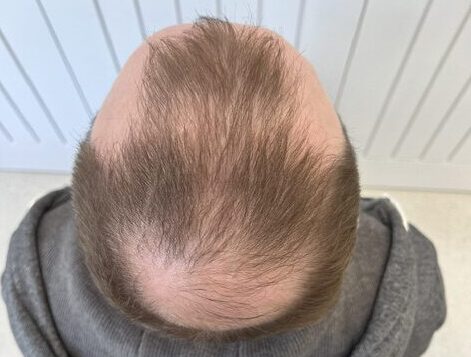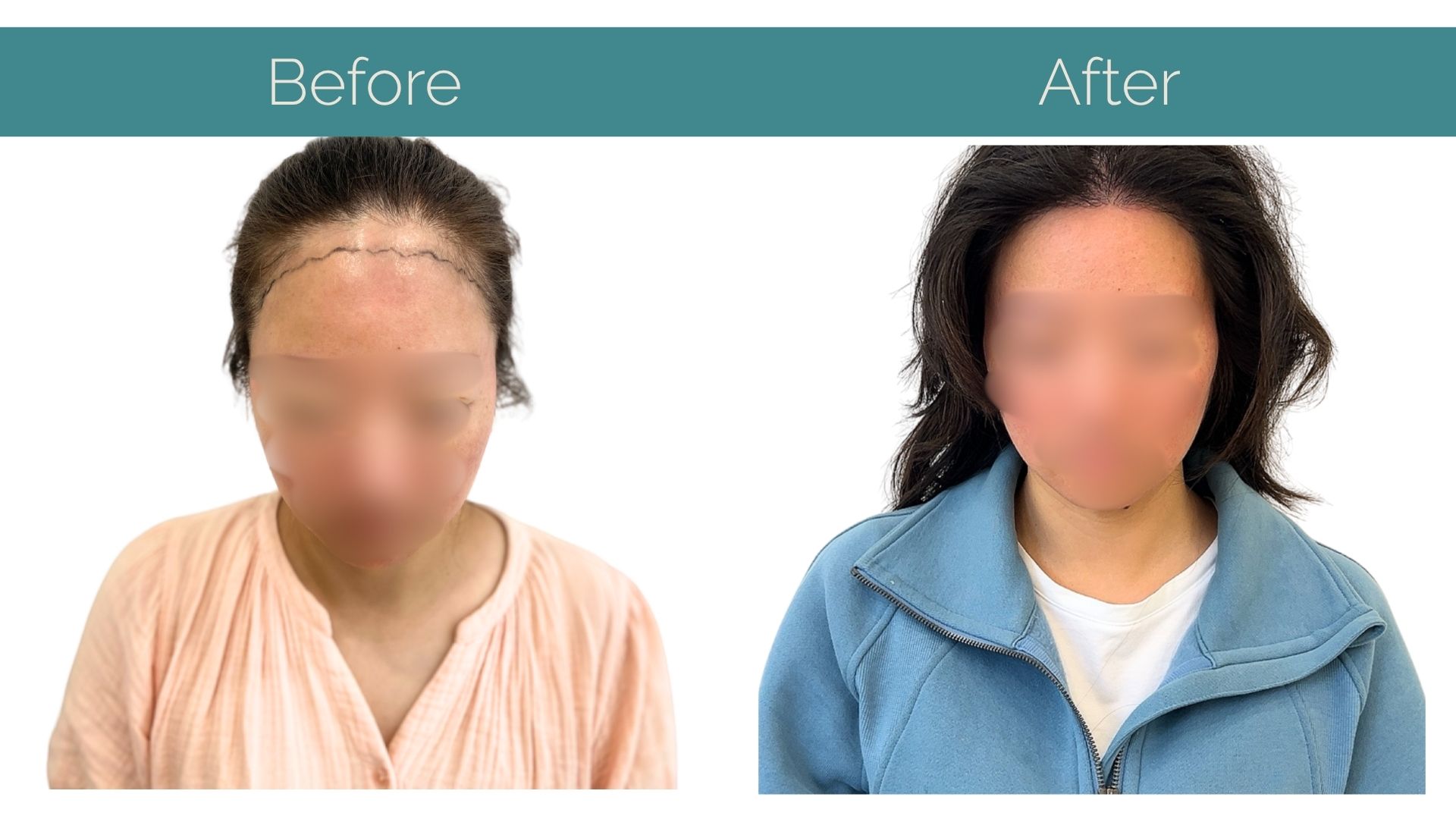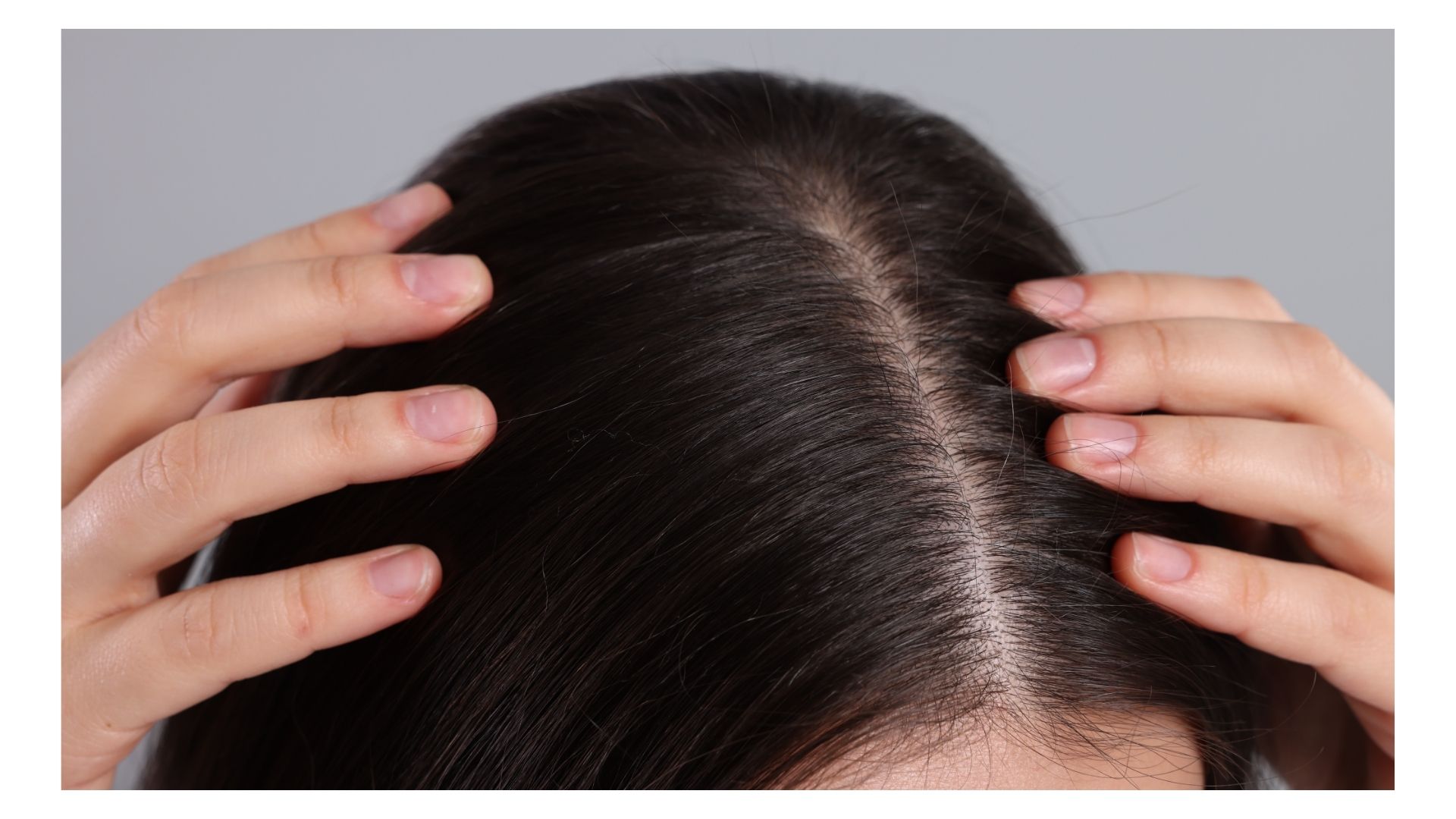Whatever your perspective, hair loss affects millions of people – both men and women – across the world. In fact, around 85% of men by the age of 50, and nearly half of all women by 70, will experience some form of pattern hair loss.
But now, a breakthrough discovery by researchers at the University of Manchester might just signal the beginning of the end for baldness – as we know it.
Hair Loss: More Than Just a Cosmetic Issue
Before diving into the new findings, it’s worth understanding the problem itself. Hair loss is a general term covering anything from gradual thinning to sudden bald patches.
For some, it’s caused by genetics and hormones (as in male or female pattern baldness), while others may experience it due to autoimmune conditions such as alopecia areata, or as a result of chemotherapy, stress, nutrient deficiencies, or chronic illnesses like lupus or psoriasis.
While many associate hair loss primarily with men, it can be especially traumatic for women, where thinning hair often leads to emotional distress, anxiety, and social withdrawal.
Treatments until now have been hit-or-miss – topical serums, laser therapy, transplants – but none offer a guaranteed or permanent cure.
The Discovery: A Surprise That Might Change Everything
In a twist of scientific fortune, the Manchester Hair Research Group stumbled upon a major insight accidentally.
Researchers were studying the effect of a drug on hair follicles in the lab when something unexpected happened – the follicles refused to sprout.
After further investigation, the team found that the drug had triggered something called the integrated stress response (ISR) – a biological safety switch that the body activates during infection or poor nutrition to shut down non-essential functions… like hair growth.
Usually, this response is helpful. But when it goes haywire, it can cause hair follicles to shut down permanently, killing off the cells that grow your hair.
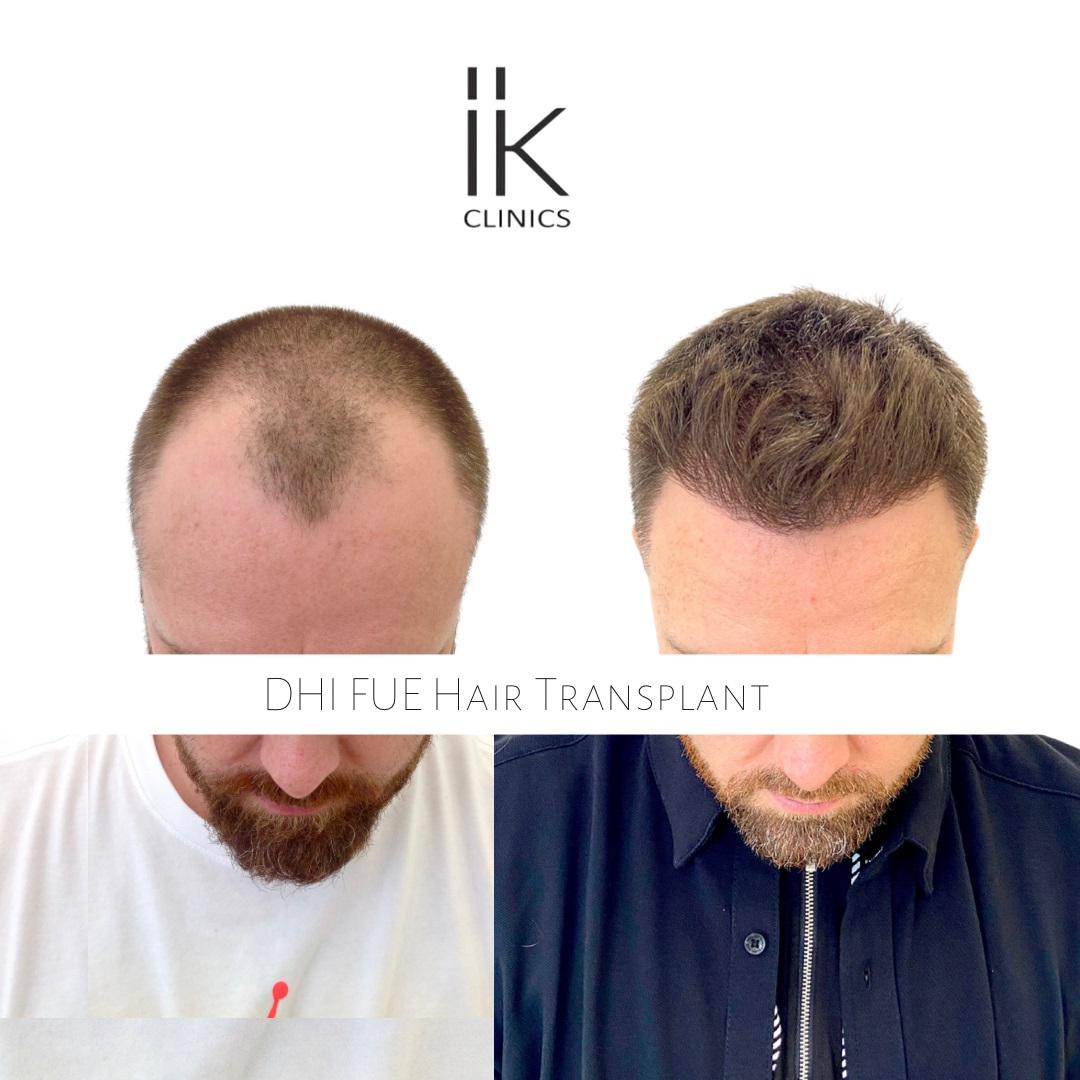
The Integrated Stress Response: Friend or Foe?
The ISR is like your body hitting the pause button to focus on survival. When you’re sick or stressed, growing hair isn’t exactly the top priority. But the researchers found that in some cases, the ISR doesn’t just pause – it slams the door shut, leading to irreversible damage to the follicles.
This revelation could explain a variety of hair loss disorders, including pattern baldness and scarring alopecia. According to the study’s lead author, the team is incredibly hopeful that targeting this stress response could finally lead to a drug that prevents further hair loss.
While a complete reversal of baldness remains unlikely – especially for those who’ve already lost all their hair – the study suggests that intervening early during the hair loss process might help stop it in its tracks.
Could a Cure Be Just Around the Corner?
The team’s next steps are clear:
- Confirm why the ISR overreacts in some individuals
- Develop a treatment that can interrupt or regulate this process
And there’s more good news. The response was remarkably consistent across follicles from different individuals, meaning the effect isn’t just a fluke or limited to certain hair types. That’s promising when thinking about scaling a potential treatment for broad commercial use.
Writing in the journal Plos One, the researchers also pointed out the potential for treating hair loss caused by chemotherapy or scarring, offering hope to people suffering due to medical treatments or skin trauma.
So, Are We Really Close to a Cure?
The short answer? We might be.
While this research isn’t claiming to regrow luscious locks overnight or promise miracle regrowth for everyone, it does represent a real, evidence-backed step forward in understanding the exact cause of common hair loss conditions.
If scientists can learn to control or block the ISR without causing other health issues, we could see the development of a new class of anti-balding drugs – ones that actually target the root cause, rather than just slowing things down or masking the symptoms.
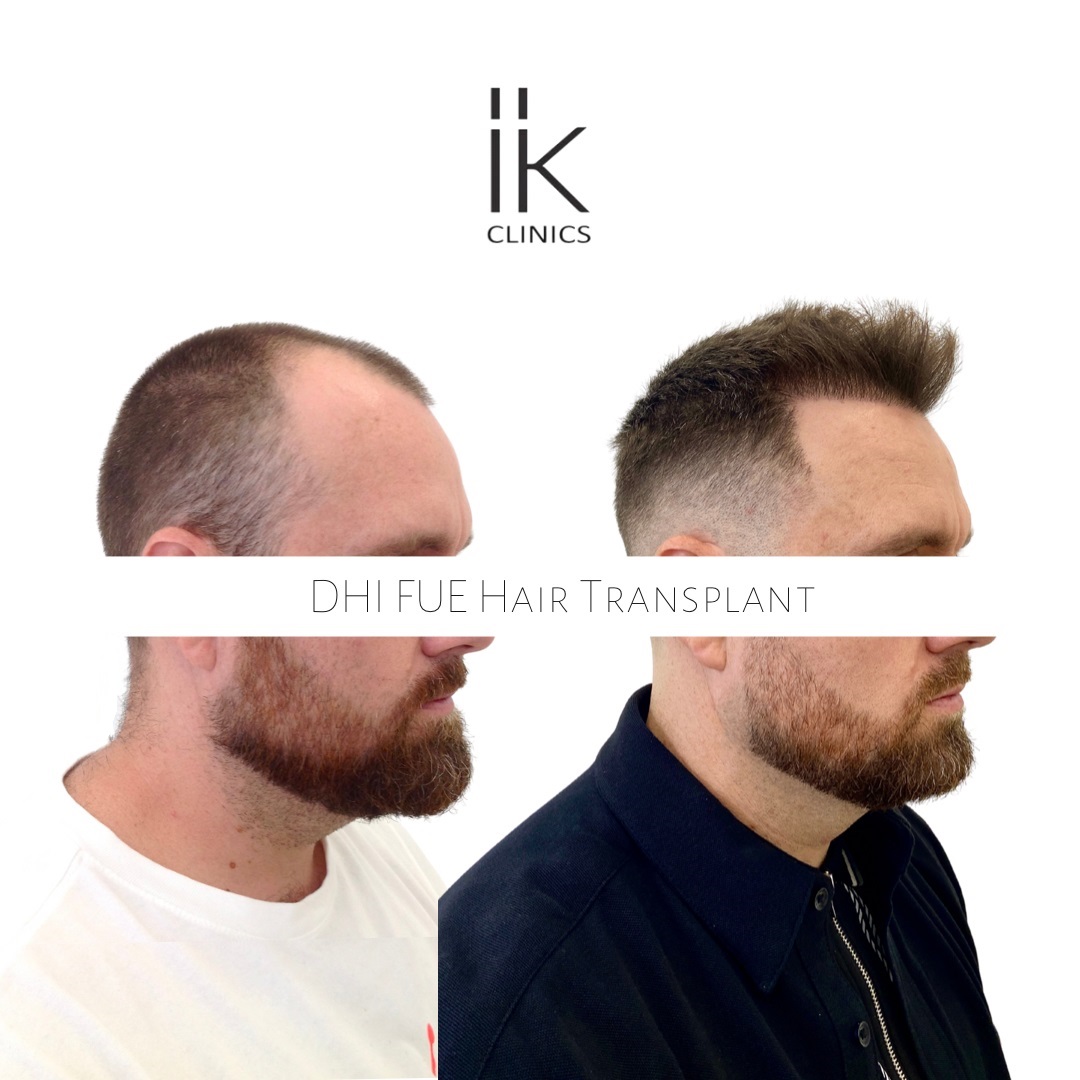
Final Thoughts: A New Chapter for Hair Loss Sufferers?
The discovery made by Manchester scientists could mark a pivotal turning point in how we understand – and eventually treat – hair loss. While we’re not yet at the finish line, we are closer than ever before to addressing the real biological triggers behind balding.
For the millions of men and women anxiously watching their hairlines retreat or finding clumps in the shower, this new research brings hope – and a real reason to keep an eye on what’s coming next in the world of hair science.
Could a cure for baldness be within our grasp? We’re not quite there yet, but for the first time in a long time, it’s starting to look like a very real possibility.
About IK Clinics
At IK Clinics, we are proud to stay at the forefront of global hair restoration trends, offering a variety of advanced techniques to meet the diverse needs of our clients.
From FUE, PRP to Stem Cell Therapy, we ensure that every client’s treatment is tailored to their personal goals, helping them regain not just their hair but also their confidence.
Interestingly, we don’t just stop at hair restoration treatments, our highly skilled team also offers a range of anti-aging treatments.
